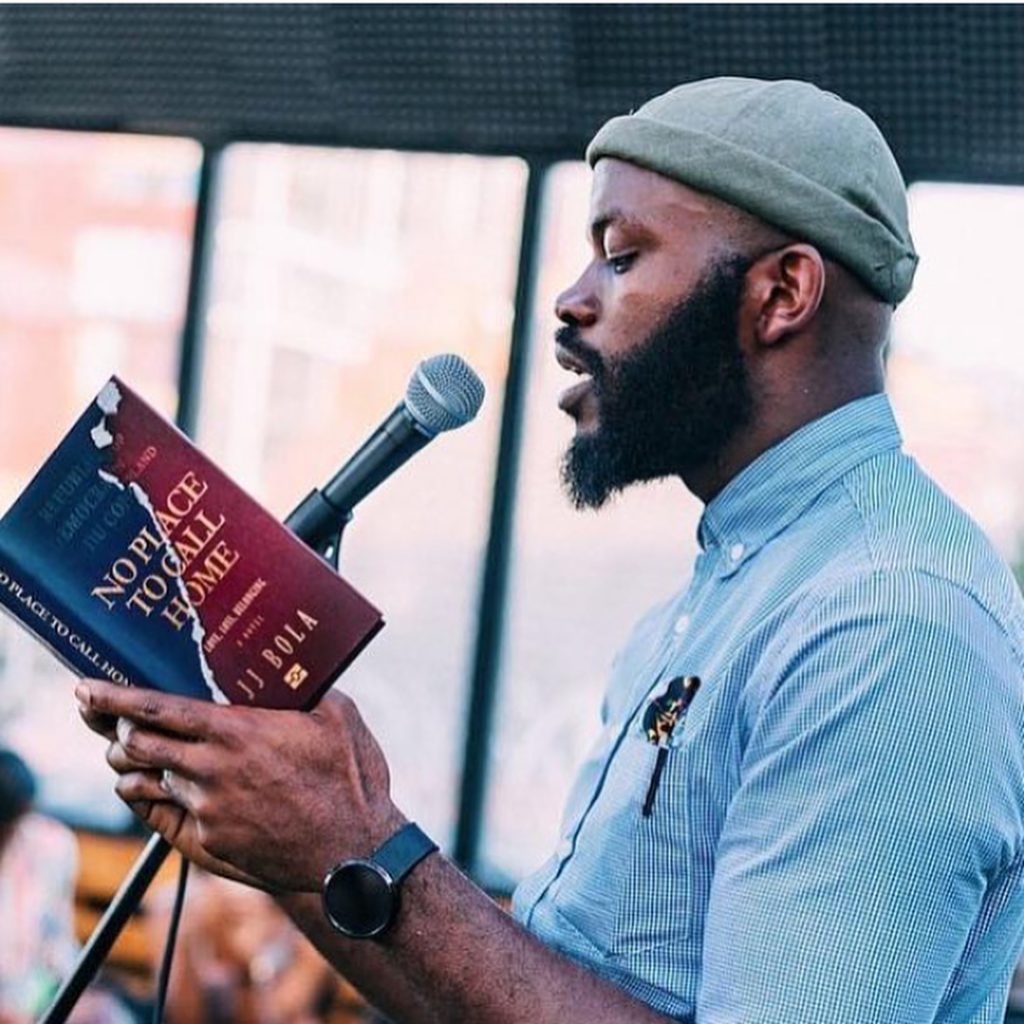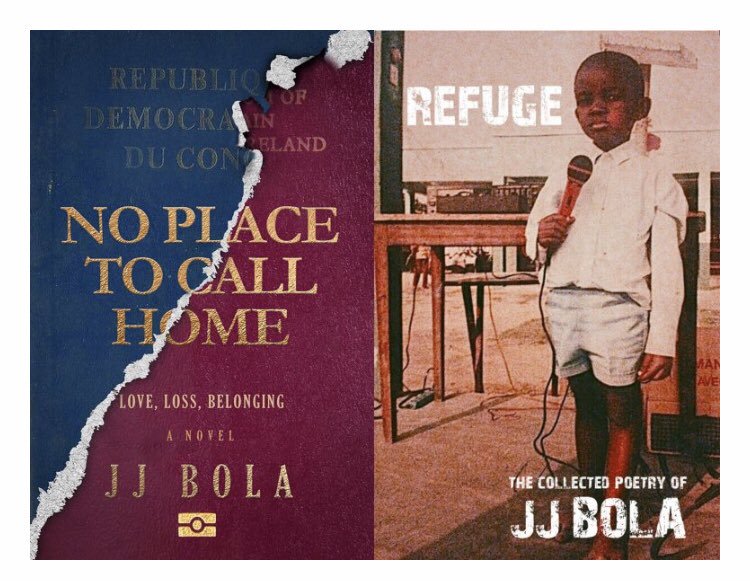In a time where crime in our capital is at an all-time high, the narrative we often see in the mainstream media is that people of colour, (particularly black men) are using violence to channel their pain.
This is only part of the story. There is a growing group of BAME men and women, using their experiences to inform their art.
In our 10 part feature, we meet some of these artists. These artists are swimming against the tide, creating a lane for themselves. They talk to us about the Cost of Artistry.

7/10 meet JJ Bola
When did you discover you had a “talent”?
When I read a poem at my very first open mic and people gave me feedback. I’m not even sure if that meant I had “talent” but it was the first time anyone had ever read or heard my work and it felt very cathartic and affirming. I kept writing. However, since then, I see talent less and less as something I have, and focus more on what I consider to be crucial, which is endless persistent and stick-to-it-ness.
What have you had to sacrifice to nurture your talent?
My time. Although I’m doing what I love, reading and writing, there are also a number of other things that I would love to have tried to dedicate myself to that I know I would not be able to. For instance, I’d love to learn to play the piano so that I could play one of my favourite songs. Perhaps in the future.
Who inspires your artistry?
I’m largely inspired by my life experiences and what is going in the world. I take things that I know or have seen and fly away with it in my imagination.
What is the biggest misconception people have about poets?
That poets are sad, lonely and boring and only concern themselves with the serious matters of existence. Whilst those may be valid, to a degree, at least for me, it is not absolute. I love a good party. I am adventurous and do things many would not expect me to.
In an age where digital echo chambers are growing wider, what role do you think poetry can play in this?
Poetry can teach people how to feel; how to be human again. It can bring us back to ourselves, and listen to each other, rather than just being stuck in the same space shouting.
Has a poem ever humbled or frightened you? What was it? When did it happen and what did you do afterwards?
Not really humbled or frightened, but some moments have made me cry. I cried whilst listening to David J Pugilist’s poetry performance about police brutality. I cried listening to Anis Mojgani.
Some poets claim that a poem is like a living creature: once it’s out there is not much you can do to ‘correct’ or ‘improve’ it, while others edit meticulously, not leaving much from the original, draft form. What is your take on it?
I don’t know. It’s neither here nor there for me, a poem is it’s own thing; poets are the vehicles through which it arrives. And it comes and goes and comes and goes and comes and goes, and perhaps, for a moment, we are lucky to read/hear the poem, luckier still to even write it in the first place.
How do you define success?
The ability to survive the madness that is this existence and the absurdity that is life itself; everyday above ground is a success, and even days beneath it too.

Do you ever regret sharing your work publicly? Do you trust the reader in a world of instant gratification and instant communication?
No regrets. There is no trust other than the trust that my art, my writing, will find who it needs to find and at the right time they need to find it in.
You can buy JJ’s novel No Place to Call Home and his poetry collection Refuge in all book stores, or directly through his publisher, OWN IT!, here: https://ownit.london/shop/


